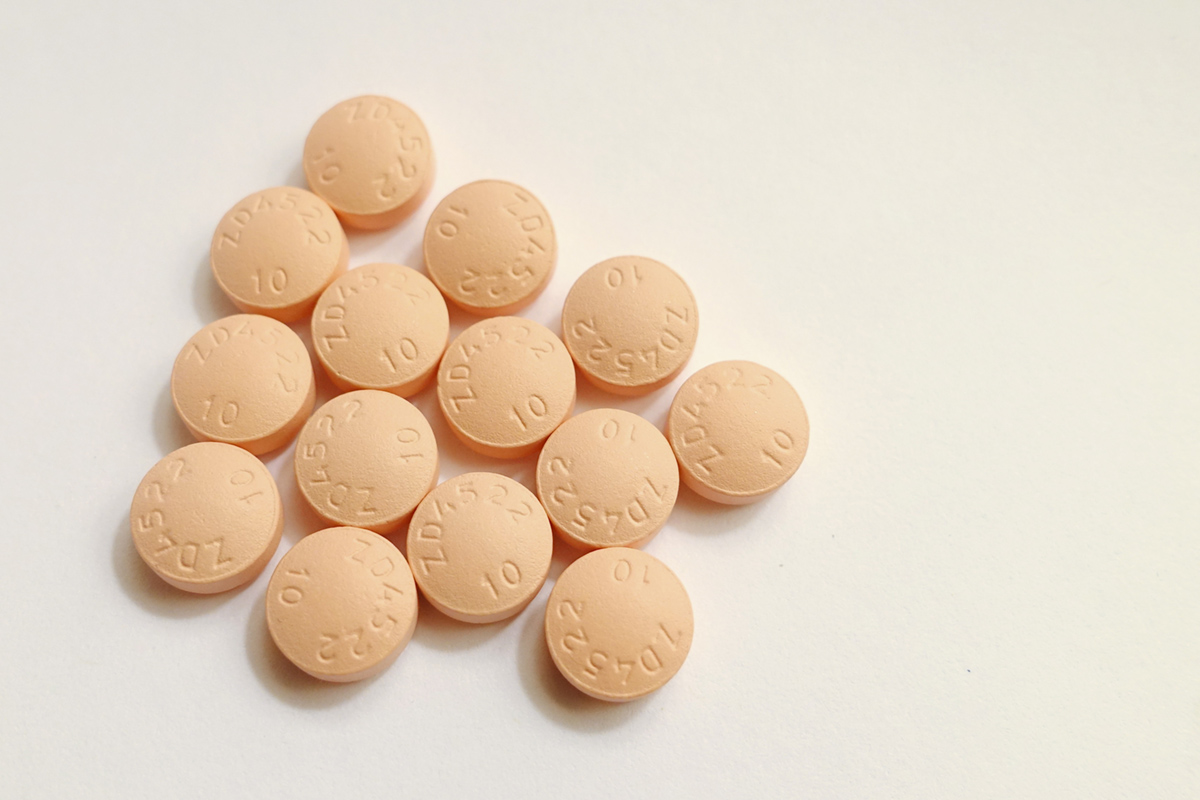
What is rosuvastatin and what is it used for?
Rosuvastatin is a medication that is officially approved for the treatment of various heart diseases, including high cholesterol and high triglycerides. Just like the majority of the medications from the group of statins, to which rosuvastatin belongs as well, it has to be prescribed by the doctor. It has the ability to block the enzyme that is in control of the amount of cholesterol production in a person’s body, which is why this medication is helpful when it is necessary to decrease the risk of various serious heart problems, such as heat attacks and strokes, and to slow down the development of atherosclerosis. It is also known under the brand name Crestor.
Side effects of rosuvastatin
First of all, in order to prevent serious problems which inappropriate use of this medication may cause, it is necessary to be aware of the conditions in which it should not be used. The use of this medication may not be perfectly safe in cases of patients who suffer from hypothyroidism, or any kind of allergic reaction, which is why their doctor has to be familiar with their health condition before prescribing it. Also, the doctor should be informed in advance if the patient is about to have a surgery, if the patient has or used to have problems with alcoholism, or, in cases of women, the ones who are breastfeeding their baby or the expectant ones this medication shodul not be suggested. On the other side, people who use some other medications, including even other medications from this group, should inform their doctor about it, because some combinations may cause very serious complications and consequences, due to the interaction.
Generally speaking, rosuvastatin is a very safe medication and patients rarely complain about side effects. However, they are possible, and the patient shodul be familiar with them, in order to react properly when necessary. The most serious ones, but at the same time very infrequent, are signs of allergic reactions, memory loss, pain and weakness of the muscles, signs that indicate certain problems in the functioning of liver and signs of pancreatitis. A symptoms which should also indicate that the visit to the doctor is necessary is the increased urination. Side effects that are a bit more frequent, but not serious, are pain in the joints, nausea, headache, pain in the abdomen, constipation, dizziness, and general feeling of body weakness.

















Your thoughts on this
Loading...